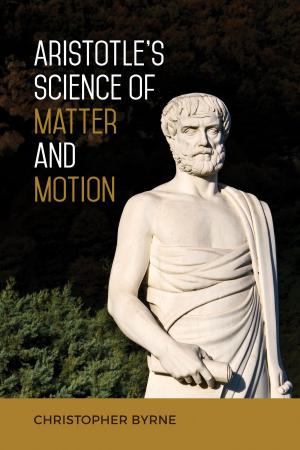Spenser's Famous Flight
Nonfiction, History, Renaissance, Medieval, Fiction & Literature, Literary Theory & Criticism| Author: | Patrick Cheney | ISBN: | 9781487596477 |
| Publisher: | University of Toronto Press, Scholarly Publishing Division | Publication: | December 15, 1993 |
| Imprint: | Language: | English |
| Author: | Patrick Cheney |
| ISBN: | 9781487596477 |
| Publisher: | University of Toronto Press, Scholarly Publishing Division |
| Publication: | December 15, 1993 |
| Imprint: | |
| Language: | English |
In Spenser's famous Flight, Patrick Cheney challenges the received wisdom about the shape and goal of Spenser's literary career. He contends that Spenser's idea of a literary career is not strictly the convential Virgilian pattern of pastoral to epic, but a Christian revision of that pattern in light of Petrarch and the Reformation.
Cheney demonstrates that, far from changing his mind about his career as a result of disillusionment, Spenser embarks upon and completes a daring progress that secures his status as an Orphic poet.
In October, Spenser calls his idea of a literary career the 'famous flight.' Both classical and Christian culture has authorized the myth of the winged poet as a primary myth of fame and glory. Cheney shows that throughout his poetry Spenser relies on an image of flight to accomplish his highest goal.
In Spenser's famous Flight, Patrick Cheney challenges the received wisdom about the shape and goal of Spenser's literary career. He contends that Spenser's idea of a literary career is not strictly the convential Virgilian pattern of pastoral to epic, but a Christian revision of that pattern in light of Petrarch and the Reformation.
Cheney demonstrates that, far from changing his mind about his career as a result of disillusionment, Spenser embarks upon and completes a daring progress that secures his status as an Orphic poet.
In October, Spenser calls his idea of a literary career the 'famous flight.' Both classical and Christian culture has authorized the myth of the winged poet as a primary myth of fame and glory. Cheney shows that throughout his poetry Spenser relies on an image of flight to accomplish his highest goal.















